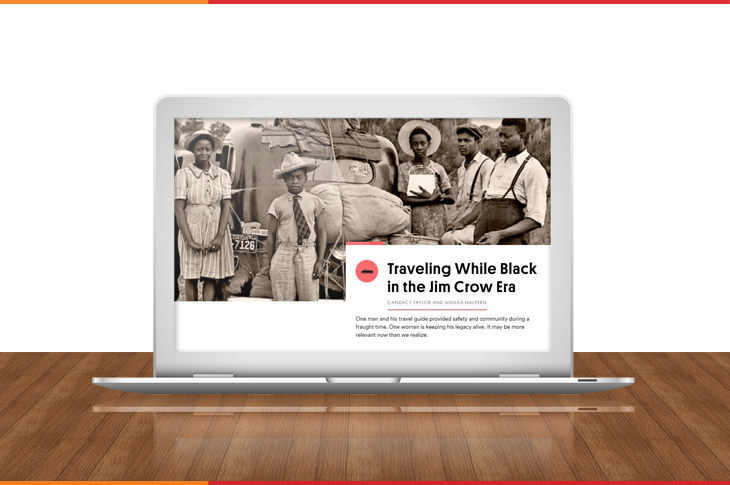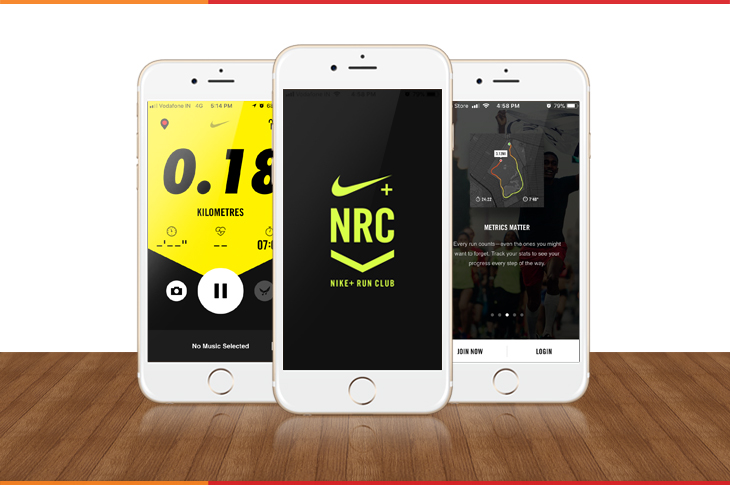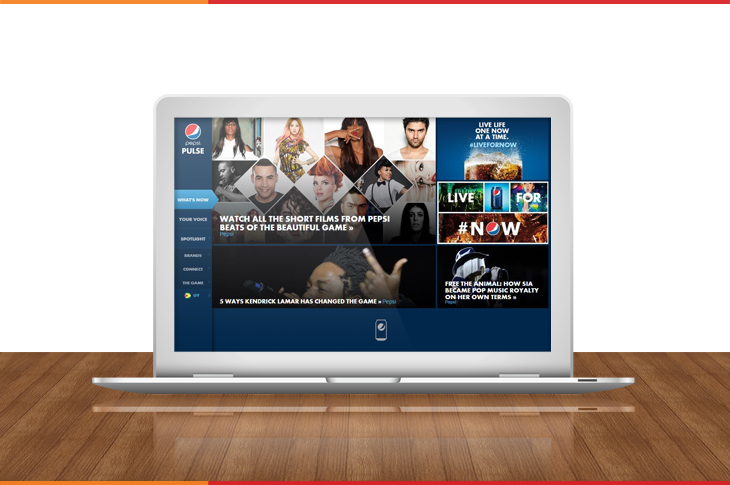Why you need a branded content platform

Yes, go ahead! Put all your eggs in one basket. I encourage you to. In fact, the best content marketing experts around the world encourage you to have all your content in one place, on one platform. Having a central hub for branded content is extremely important, and at this point, more and more brands realise that. Every website now has a blog section, the basket I mentioned earlier. The question is, should your basket have your brand name written all over it?
Why branded content platform?

Firstly, your content enjoys your brand’s credibility. Look at Airbnb for instance – a company that took hospitality sector by storm without owning a single property. Now it’s one of the biggest names in travel, and their content hub Airbnb City Guides is taking advantage of that. City Guides is a platform where you’ll find different travel-related content, from travel tips to recommendation and even fashion. You won’t question the content there just because you know Airbnb is saying that.
Secondly, Domain Authority (DA). The brand name in the URL of your content platform lets you leverage your website’s strong domain authority. This helps you rank higher in search engine results. This, in turn, delivers a high volume of search traffic for your content. Starting a new, unbranded content hub means not having any inbound links and losing out on the available DA and starting from the bottom like any other new website. As if that wasn’t bad enough, similar keyword permutations between your main website and the unbranded content hub would eventually lead to one cannibalising the other in some capacity. So, why not leverage your popularity instead of making it your content’s worst enemy?
Take Nike+ Running app and blog. Nike is no longer just selling shoes and apparel, but it’s selling a lifestyle now. It is synonymous with fitness and running. The blog, as well as the app, leverage the brand’s popularity while also helping each gain a wider user base.

Thirdly, brand recall and resonance is possible when your product/main website and the content hub share a name, logo and even similar design. A branded content platform gives your consumers a seamless user experience. It’s like if you see Santa’s goodie bag lying around, you know it has some really amazing stuff inside without having to take a look. Look at Pepsi Pulse for example. You can see that the look and feel of the platform resonate with Pepsi. Thus, the Pepsi audience can immediately associate with the content on the blog, keeping everything, they love about the product in mind.

Lastly, people are okay with it, as long as they get what they are looking for in the content. A survey of 17,000 people from three major age demographics – gen X, millennials and gen Z – by Time Inc. shows that around 90% people prefer customized, engaging content from brands, while 66% people trust branded content more than traditional advertising. Moreover, 93% people like a brand that puts out interesting things that they might not find anywhere else. So, why should any brand doing content marketing not have its name there?
So, who should go for a branded content platform?
- Brands who want to have storytelling as a strategy
- Brands who value honesty and open communication
- Brands who want to leverage from domain’s SEO authority
- Brands who want to track the full path of conversion
Whether you go the brand name or anonymity, it depends on the needs and the current position of your brand. If you want to benefit from the existing inbound links and domain authority or give your user a seamless experience through your different properties, then maybe a branded platform is what you need.
